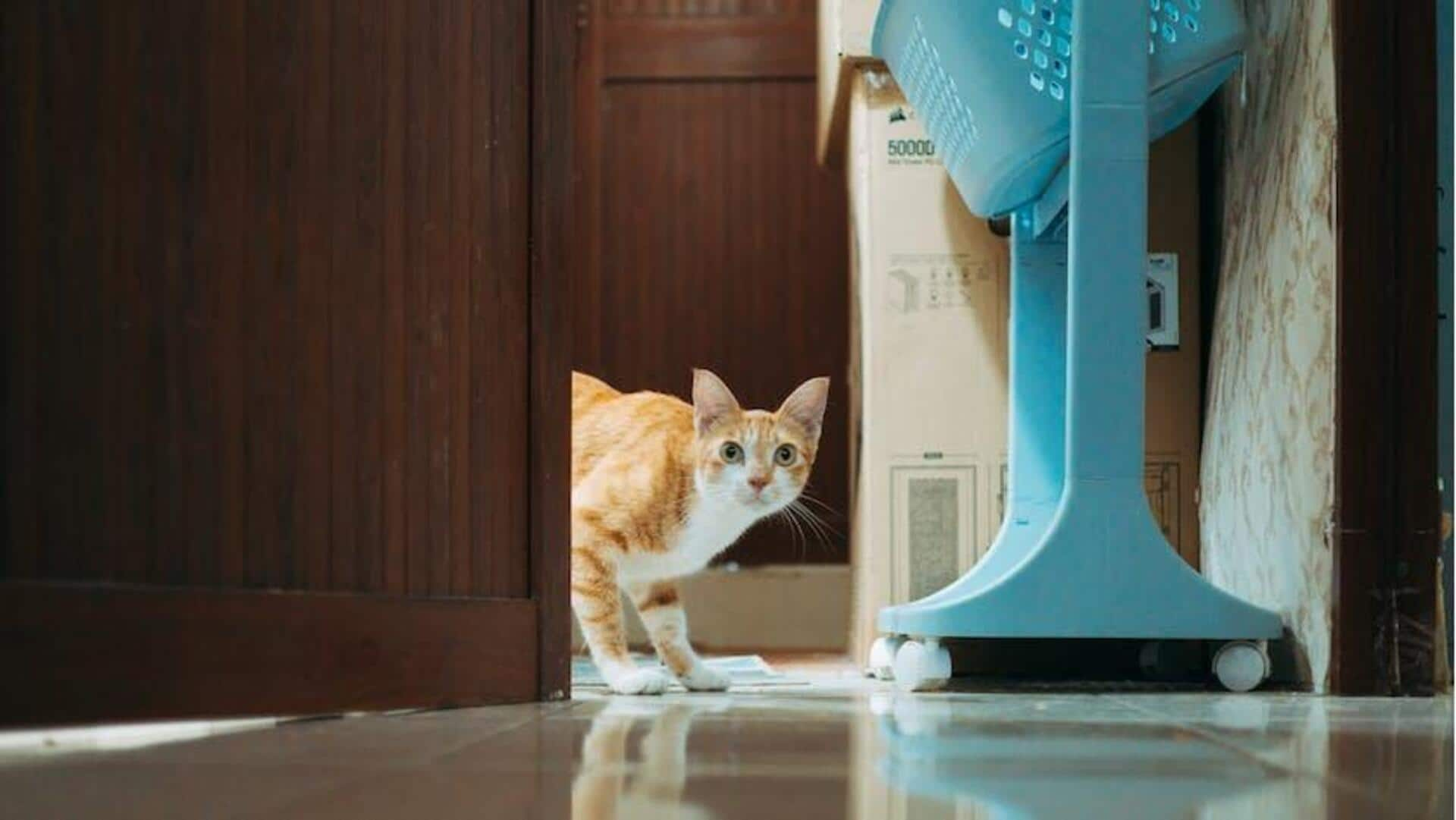
Things you do that your cat hates: Cat parent's POV
What's the story
We pet parents love our furballs with all our hearts, just as we'd want our biological babies to experience all the sunshine and rainbows. However, not everything humans do is favorable for our pets or is to their liking. As a cat parent, here is a list of things I have noticed we do that annoy our cats.
No hugs
No touchy touchy, please!
Cats usually dislike forced interactions, especially physical touch. Unlike dogs, cats usually don't enjoy belly rubs. However, if they trust you, and feel comfortable in your presence they might expose their belly for gentle pets. When hugging or restraining a cat too tightly, it can stress them as they lose their ability to escape if necessary, making it essential to respect their personal space.
Noise
Unexpected loud noises
Cats are scared easily; loud noises may drive them to flight or fight mode. Their hearing is very sensitive, and unexpected loud noises can be highly intense for them. Such noises include slamming the door shut, using the vacuum cleaner, switching on the blender etc. With time they may get used to certain everyday noises, but try not to jump-scare them with anything unexpected.
Changes
Change in surrounding
Cats, creatures of habit, can find changes highly unsettling. Their territorial nature makes disrupted environments threatening, while their keen sense of smell makes new scents overwhelming or confusing. To ease transitions, introduce changes gradually and offer a safe, quiet space for them to retreat to. Patience and consistency are key when acclimating cats to new situations, people, or objects.
Small bowls
Serving food in tiny bowls
Cats prefer not to have their whiskers touch the bowl while eating or drinking. It is best to serve them food and water in wide-rimmed shallow bowls. Small and deep bowls can hinder their food access and may lead to food contamination of their whiskers, causing discomfort. To provide a more comfortable mealtime experience for your cat, opt for wider, shallower dishes or bowls.
Cleaning
Cleaning their rubbing spots
Cats rub their cheeks and even their butts against objects to mark their territory by leaving their scent. When cleaning these areas, you inadvertently remove their scent, which can unsettle them. Cleaning may also intrude on spaces they consider private territory, causing discomfort or stress. Understanding and minimizing disruption during cleaning can help maintain your cat's sense of security.
Body language
How to tell if your cat is displeased
Understanding your cat's discontent often relies on their body language and vocal cues. Some actions and shifts in your cat's posture are signs of their displeasure. These include low, rotated ears, a swishing tail, erect ears, growling, hissing, and even dilated pupils. Heed your cat's signals; pushing them to the point of hissing or biting can harm your relationship with your feline companion.